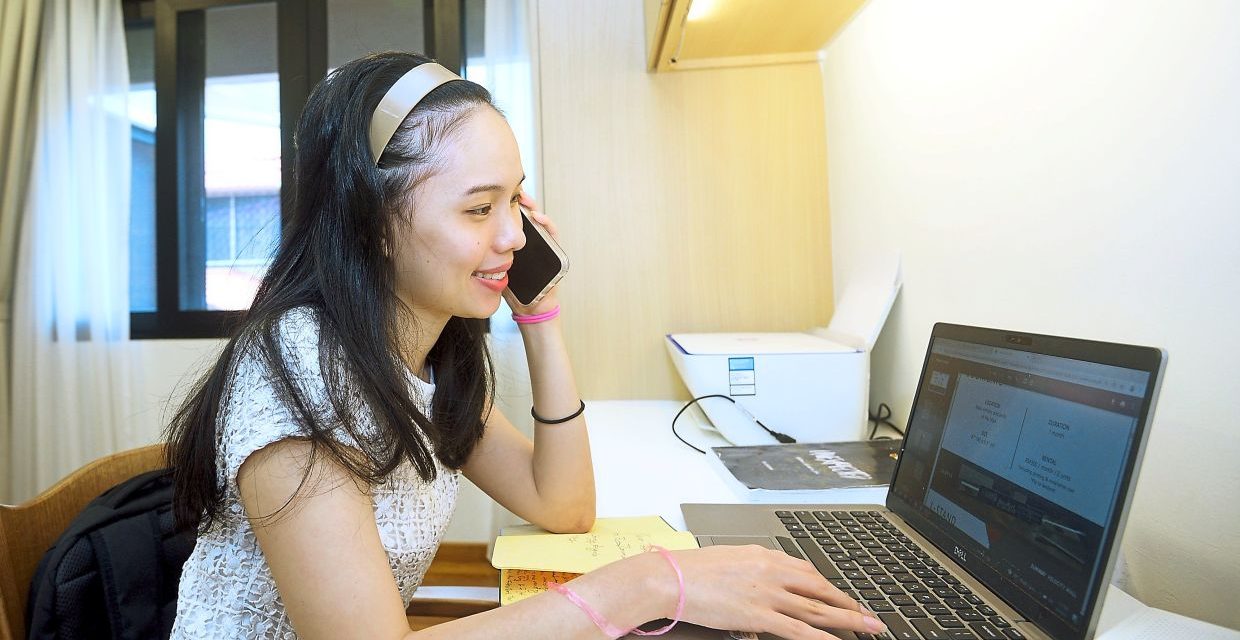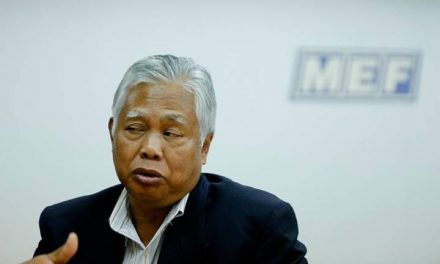KUALA LUMPUR | The responsibility of drawing up guidelines on work from home (WFH) practices will be returned to employers and individuals once the country transitions into the endemic stage on April 1, says Khairy Jamaluddin.
The Health Minister said there would no longer be restrictions on workforce capacity from next month.
“We will leave it to employers to release their own guidelines.
“There are employers now that have permanently moved to the WFH practice.
“But there are also employers who look at the situation, for example, if many of their workers are down with Covid-19, WFH would be encouraged,” he told a press conference after the launch of the United Nations University International Institute for Global Health book titled Systems Thinking Analyses For Health Systems Policy And Systems Development: A Malaysian Case Study yesterday.
At the height of the pandemic, employers were encouraged to adopt the WFH concept or rotate their non-essential workers to curb the spread of Covid-19.
SME Association of Malaysia president Ding Hong Sing said that it was time for employees to work from the factories and offices, adding that some employers were already operating at 100% onsite capacity.
“If there is a positive Covid-19 case in the office or factory, then they can close for seven days and temporarily WFH,” he said.
“Once there is a positive case, we will swab test everyone,” he added.
However, Ding said frequent testing was one of the Covid-19 standard operating procedures (SOP) that should be adopted at workplaces.
Malaysian Trades Union Congress acting president Mohd Effendy Abdul Ghani also agreed, saying it was the right time for employees to return to the workplace as most were already fully vaccinated.
“Our borders are opening. WFH doesn’t seem relevant anymore,” he said.
However, Mohd Effendy said it was important for the employees to comply with all SOPs.
Federation of Malaysian Manufacturers president Tan Sri Soh Thian Lai said it was best to leave the choice of implementing WFH or a rotational work system to the employers based on their respective risk assessments.
“Most companies have adopted business continuity plans on a multi-pronged approach in terms of work operations that focus on accelerating adoption of automation, artificial intelligence and digitalisation.
“This has helped them to operate core activities remotely, reducing the need for physical presence of workers or lowering the density of workers for a particular production process,” he said.
Soh said such a hybrid work system would allow some jobs to be performed remotely from home while maintaining the level of productivity so that business operations are able to run smoothly.
He also called on the government to support a more flexible work arrangement by ensuring that labour laws are adjusted to take into account such arrangements.
Melissa Norman, founder and managing director of talent solution company Aisling Group said there are several things that require consideration in order to ensure that businesses enter the new stage “gradually, thoughtfully and flexibly”.
From the talent aspect, Melissa said increased turnover is not the only concern.
“With many starting a new job during the full lockdown and not having the chance to see their team members, companies should look into rebuilding company culture and building connections between employees,” she said.
“The transition might also require employers to look into policies and practices that may need to be changed or improved,” she added.
As for the safety aspect, she said the pandemic should not be taken lightly although the situation would soon be deemed safe enough for employees to return to the physical work setting.
Universiti Putra Malaysia epidemiologist Assoc Prof Dr Malina Osman said having onsite operations at full capacity would depend on factors such as vaccination status and the ventilation system in the premises.
“If the situation is conducive, it means all have completed vaccination including the booster and the ventilation is good.
“Plus if the self-screening test is widely available, then we can allow full capacity,” she said.
Many companies have adopted the remote and hybrid working style since the movement control order was enforced in March 2020.









